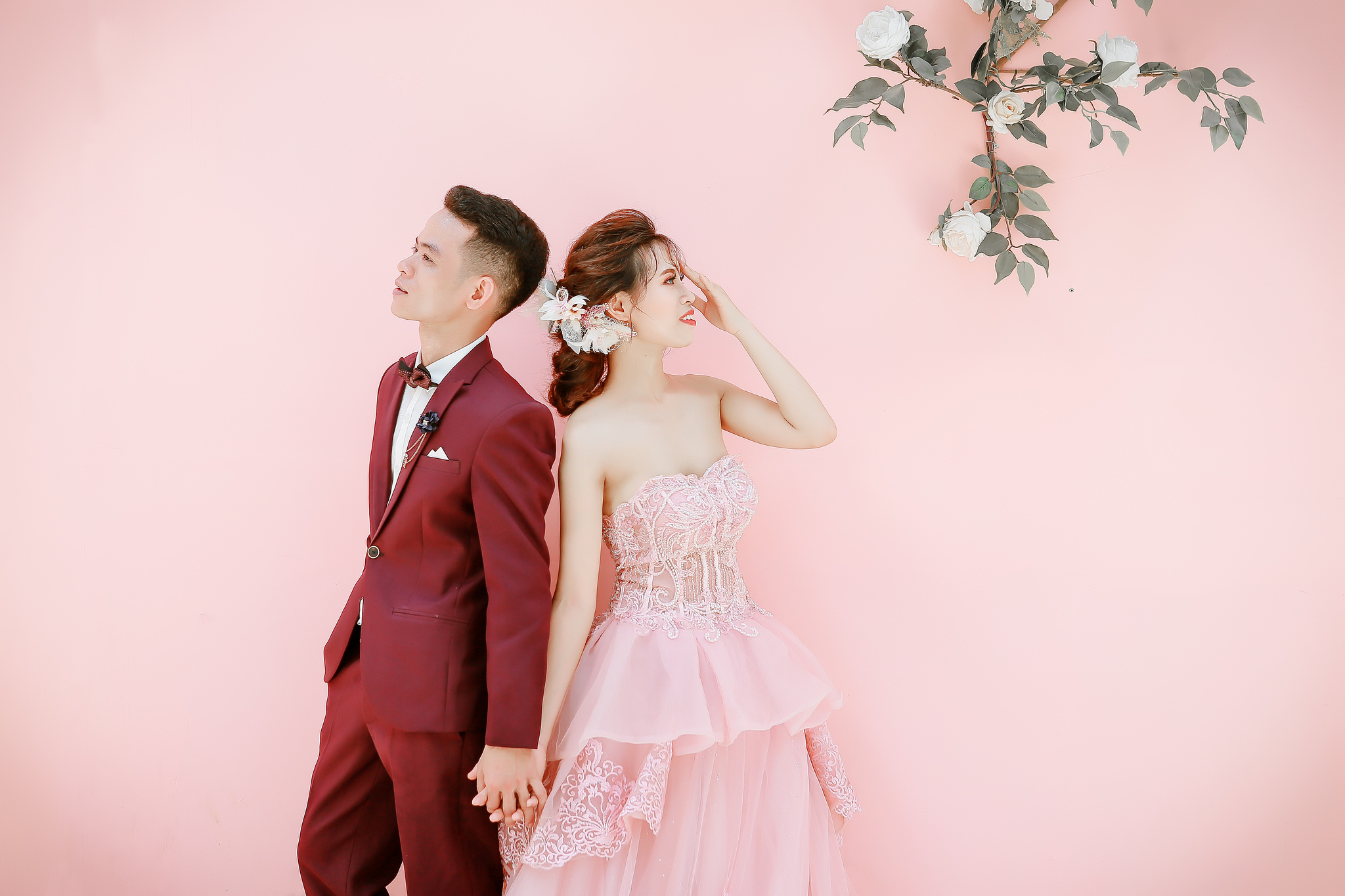This week, the UK’s Supreme Court ruled that opposite-sex couples should have the right to have a civil partnership as well as marriage. This has been a controversial ruling that has been resisted by many until this point, which many have seen as a recognition of the idea that civil partnerships are a secondary, or lesser, mark of a union, and should therefore be limited to those secondary, or lesser, couples: the gay ones.
Of course, it is far more complicated than that. And, while some queer activists have understandably reacted with an “oh-oh, the straights are at it again!” sentiment, I find myself rather supporting the couple who went to court claiming that they were discriminated against as heterosexuals.
Of course, they weren’t discriminated against on those grounds. There’s no such thing as discrimination on the grounds of heterosexuality. But it is true that this couple were being denied access to a way to celebrate their relationship that didn’t invoke messages of patriarchy and ownership of women.
Rebecca Steinfeld and Charles Keidan persuaded the court that the Civil Partnership Act 2004 (was it really that long ago?) was incompatible with the European Convention of Human Rights. Steinfeld and Keidan have been together for 8 years and have two kids and, although they want to mark their relationship with a commitment and have the legal benefits that marriage offers a couple, they did not want to get married, an institution that had “treated women as property for centuries”.
Steinfeld and Keidan told the BBC, “We want to raise our children as equal partners and feel that a civil partnership – a modern, symmetrical institution – sets the best example for them”.
Until 2014, same-sex couples could only have a civil partnership, which was in fact truly discriminatory. Those who wanted to get married, for whatever reason, were prevented from doing so. However, for the last four years, LGBTQ people in same-sex relationships have had the choice between the two kinds of ceremony, and it is only fair that all couples have access to that choice, too.
One reason that this ruling is important is that it will not only affect heterosexual couples. Members of opposite-sex relationships may be bisexual or pansexual. Members of relationships that the government may crudely recognise as opposite-sex relationships may in fact be trans and / or non-binary. And nobody who wants to mark their relationship should be forced to engage in a ceremony that historically has been used to control and oppress women for centuries.
This ruling does not compel the government to change the law, but it may encourage them to finally take action on this issue.
And I hope it does. This is unlikely to affect me – if I was in a relationship, it would be with a woman. And even if I was, I have never had any desire to commit to one person for the rest of my life. I’m so far from the “romantic type” it’s untrue.
But we’re allowed to care for things that don’t affect us, and even those that will predominantly affect those in a more privileged position than you are. Where there is unfairness – even when it is not discrimination on the grounds of heterosexuality FFS – we can speak up against it and work to overcome it.
As well as having connotations of patriarchy and control, the institution of marriage also has problematic religious associations that many people do not want to associate themselves with. Civil marriage ceremonies can take place within town halls across the country, so religious weddings are not absolutely required, but it is undeniable that the history of marriage is very tied up in religious bindings and humanist and atheist options should be available to all couples.
So, is it too soon to start calling for civil partnerships to be available to more than two partners in a poly relationship? Is it too soon to blast the old attachments away forever? Can we not just stop fetishizing coupledom and respect all relationships and none? Of course it’s far too soon for that. But we need to start to question why pairs are rewarded in everything from taxation to holiday deals. I’m a lone voice in that respect, and my friends and family who are in couples deserve access to the way they want to celebrate their relationships, whether that be in a majestic cathedral or in a ruined castle, and whether it involves a pledge to love, honour and obey or one to adore each other beyond words.
But can we not just abolish marriage altogether and have all couples commit to each other civilly, adding religious components if they really want to? Couples should not be privileged over singles or triads, and the genders – or lack thereof – of participants should be entirely irrelevant.
Photo: Kim Quyết/Creative Commons

